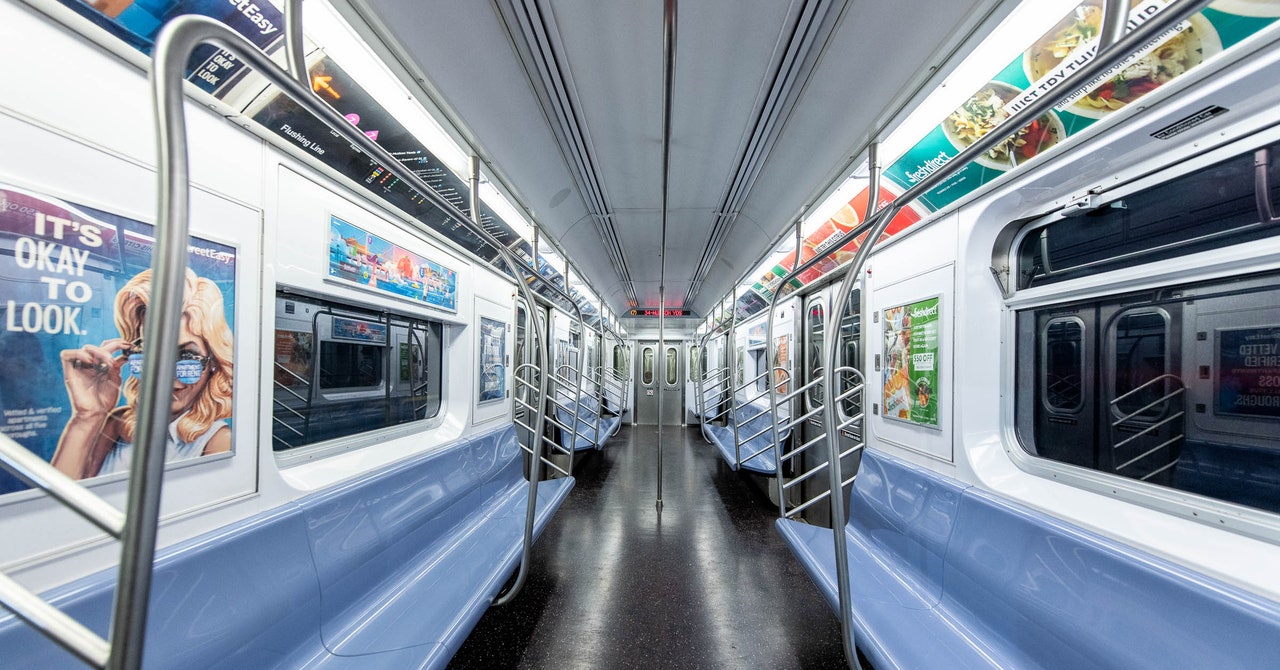Jason Young got up at 4am Friday. It was his child’ s birthday, sohe ’d taken the early shift at the Giant Food supermarket in Silver Spring, Maryland, where he handles the seafood department. The majority of his associates drive to work, however Young doesn’ t have a cars and truck, so he commutes from his house in Southeast Washington, DC on the Metro. On excellent days, it’ s a 45-minute journey. Track work and hold-ups can almost double that. It indicates waking up in the wee hours when Young desires to get to work by 7 am. As the Washington Metropolitan Area Transit Authority cuts service in the face of the Covid-19 pandemic, Young states leaving home early might not be enough.
To secure its employees and save products, Metro has actually closed 19 of its 91 stations up until more notification, without supplying shuttle to complete the spaces. Those cuts sanctuary’ t yet obstructed Young’ s commute. If the stations closest his house or his shop shuts down, he’d have problem getting to his shop at all. “ I won ’ t have the ability to get to work, ” he states. “ I ’d need to apply for joblessness.”
“ Essential ” employees still toiling at supermarket, drug shops, and healthcare centers while countless others have actually been bought to stay at home deal with the very same issue. Los Angeles has actually cut bus service by 15 to 20 percent, and is running less trains. The Bay Area ’ s BART system has actually seen ridership plunge by 90 percent compared to this time in 2015, and has actually cut3 hours of night service in the middle of a forecasted$25 million regular monthly loss. New York City ’ s MTA has actually customized its schedule. The company that runs Seattle ’ s buses is cutting service and has actually stopped gathering fares to lower interactions in between riders and employees.
“ I ’ m a little worried. I ’ ve got kids I ’ ve got ta go house to. ”
Jason Young, grocery store employee and transit rider
Preliminary arise from a 1,000-person study takenby New York City-based Rider ’ s Alliance recently reveal that two-thirds of participants felt the crisis has actually required them to select in between their health and monetary security. The participants uniformly divided over whether the city ’ s transit firm had actually done enough tosecure their health and security. Half stated they hoped the MTA would keep routine service levels.
The other employees stuck utilizing transit are, naturally, the females and guys running those trains, buses, trains, and street cars and trucks. The risk is genuine: At least 4 transit employees– 2 in New York City, one in Washington state, and one in Massachusetts– have actually been eliminated by the infection.
In Detroit previously this month, bus chauffeurs who are members of the Amalgamated Transit Union utilized a one-day work interruption to effectively require that the city tidy buses more frequently, and supply them much better protective devices and portable bathrooms along their paths (as business whose bathrooms they normally utilize are now closed). Detroit, like numerous cities, now asks guests to board buses through the rear door and has actually gotten rid of fares.
For numerous weeks, the Transport Workers Union of America has actually required modifications to safeguard employees both physically and economically, with a bargain of success. New york city ’ s MTA supplied face masks for train and bus chauffeurs. Philadelphia has actually assured to pay transit employees for 40 hours a week, although the city ’ s transit system has actually changed to a weekend schedule.
“ It ’ s a great deal of sound judgment things, ” states John Samuelson, the union ’ s worldwide president. “ Workers require to be enabled to look after themselves, their households, and their colleagues. ” And to keep those who require to move, moving.
Updated, 3-30-20, 3:50 pm ET: An earlier variation of this short article improperly stated the transit system on Cape Cod had actually canceled service. It has actually minimized its service.
WIRED is supplying open door to stories about public health and how to secure yourself throughout the coronavirus pandemic . Register for our Coronavirus Update newsletter for the most recent updates, and sign up for support our journalism .
It &#x 27; s time to do the important things you keep delaying. Here &#x 27; s how What seclusion might do to your mind (and body ) Tired? Inspect
&
Read more: https://www.wired.com/story/transit-cuts-hurt-workers-who-need-most/


Recent Comments